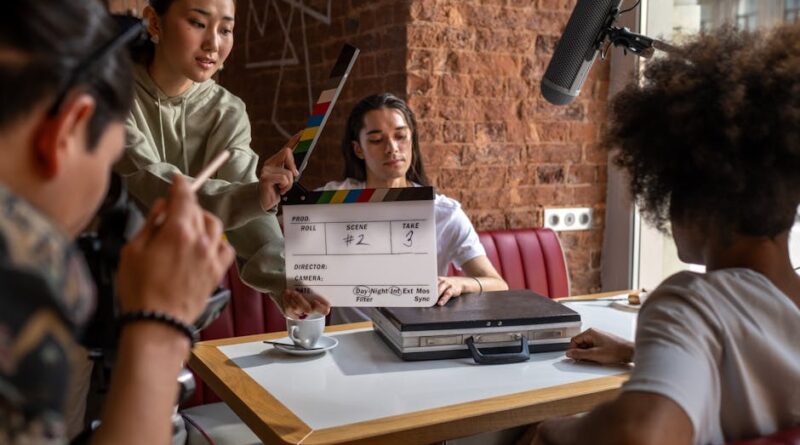Preparing for Film Production Meetings
Are you ready for your upcoming film production meeting? Preparing well can make a huge difference. In the fast-paced world of filmmaking, every moment counts. And a well-prepared meeting can mean the difference between a smooth shoot and last-minute chaos.
Lets dive into the essential tips and tricks for preparing for your film production meetings. Youll learn how to be confident, organized, and ready to collaborate effectively.
Why Are Film Production Meetings Important?
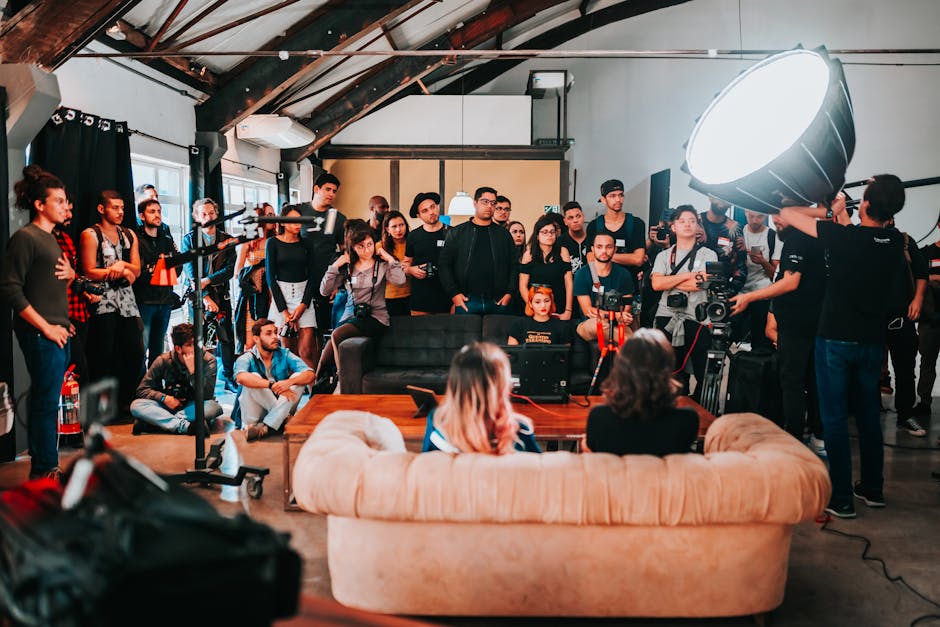
Film production meetings are where ideas come to life. They allow team members to align on vision, share updates, and tackle challenges. Think of these meetings as the heartbeat of your production. They keep everyone on the same page and moving forward.
Research shows that effective communication in meetings can enhance team productivity by up to 25%. So, being prepared can lead to better results on set!
What Should You Bring to the Meeting?
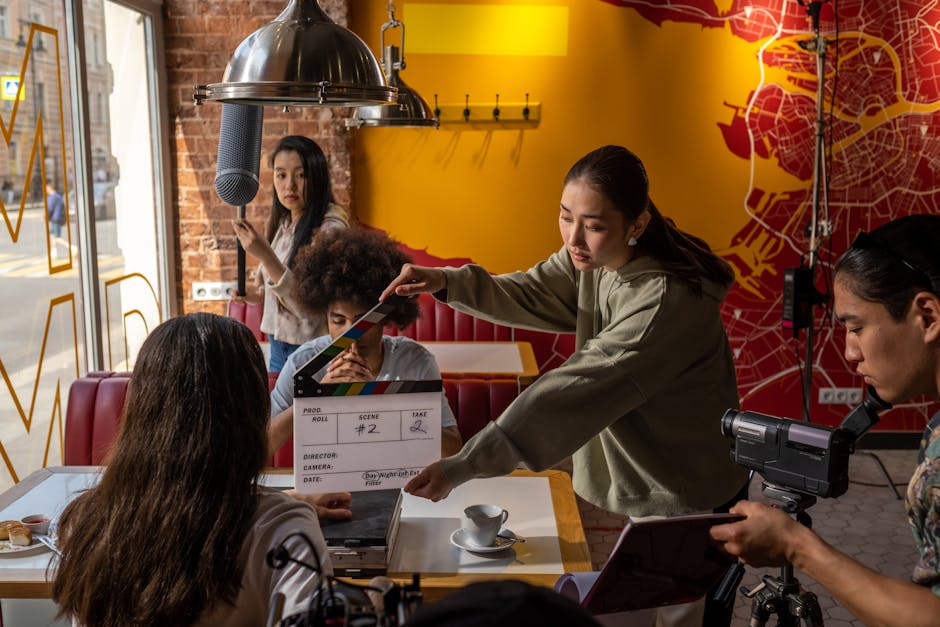
Bringing the right materials can make a significant difference. Here’s a quick list of what you should have:
- Script: Always have the latest version. it’s your roadmap.
- Production Schedule: Know key dates and deadlines.
- Budget Overview: Be aware of your financial limits.
- Visual References: Images or videos that capture your vision.
- Notes: Jot down any questions or ideas you want to discuss.
Having these materials on hand will help you stay focused and participate actively.
How Can You Prepare for the Meeting?
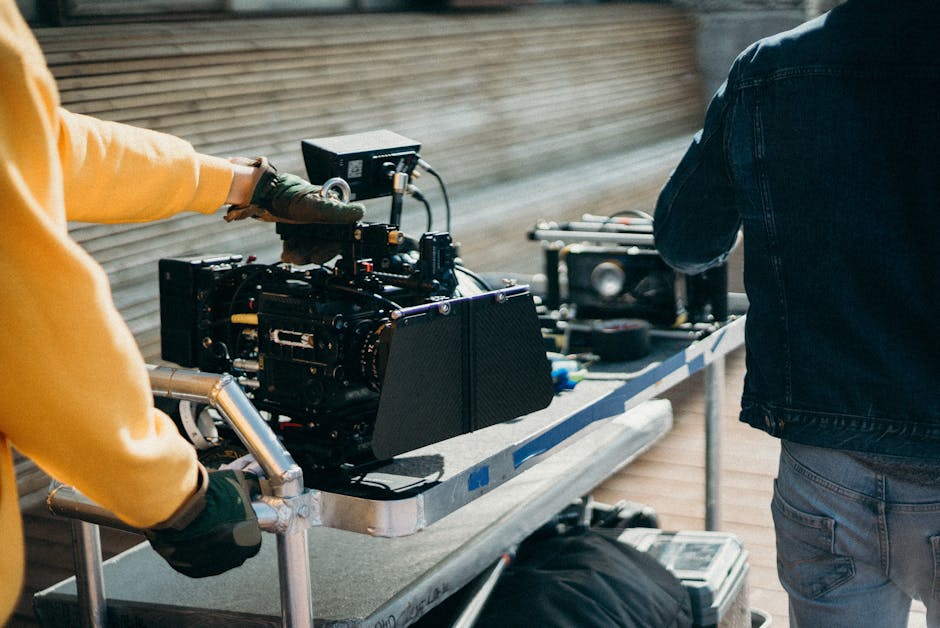
Preparation is key. Here are some practical steps to get ready:
- Review Materials: Go over the script, schedule, and budget before the meeting.
- Know Your Team: Familiarize yourself with everyones roles and responsibilities.
- Set Clear Goals: What do you want to achieve in this meeting?
- Anticipate Questions: Think about what others might ask and prepare your answers.
By taking these steps, you can enter the meeting with confidence.
what’s Your Meeting Strategy?
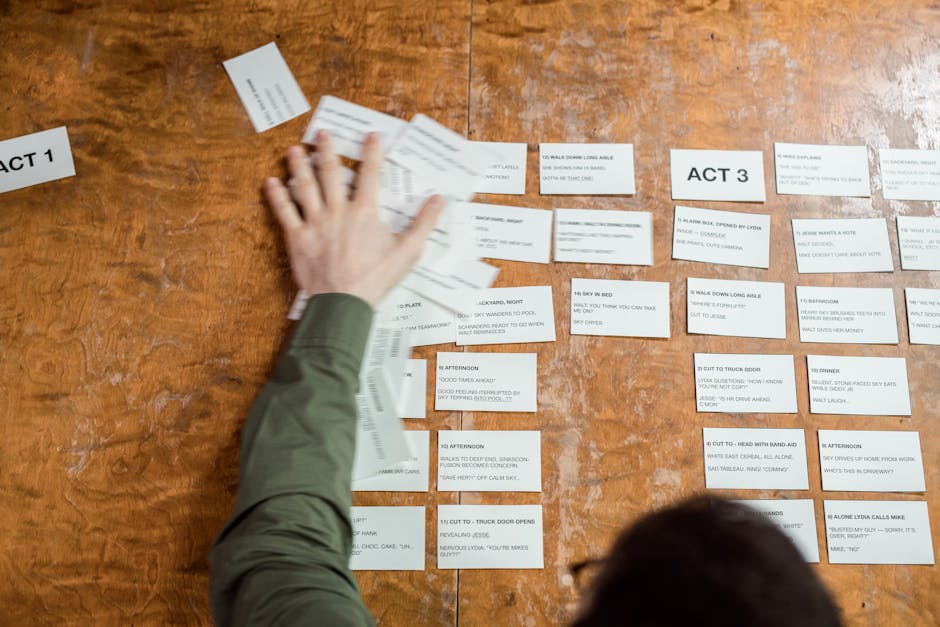
Having a strategy can help you manage the flow of the meeting. Here are some tips:
- Start with an Agenda: Share an agenda at the beginning. This keeps everyone focused.
- Encourage Participation: Make sure everyone has a chance to speak. More voices lead to better ideas.
- Stay on Track: If the conversation strays, gently steer it back to the agenda.
- Summarize Key Points: At the end, recap what was discussed and outline next steps.
A clear strategy paves the way for a productive meeting.
How to Address Challenges During the Meeting?
Every meeting can have it’s hiccups. Heres how to handle challenges effectively:
- Stay Calm: If a disagreement arises, take a deep breath. Stay professional.
- Listen Actively: Make sure all voices are heard. Sometimes, the best solutions come from unexpected places.
- Focus on Solutions: Instead of dwelling on problems, ask, what’s the best way to move forward?
- Document Everything: Keep a record of decisions made and action items assigned.
Dealing with challenges gracefully can strengthen your teams bond.
How Can You Follow Up After the Meeting?
Following up is crucial. It ensures everyone stays on track. Heres what to do:
- Send Meeting Notes: Summarize what was discussed and share notes with the team.
- Check on Action Items: Follow up on tasks assigned. Who is responsible for what?
- Solicit Feedback: Ask team members if they have suggestions for improving future meetings.
- Stay Available: Make it clear that you’re open for questions or discussions as needed.
Following up keeps everyone accountable and informed.
What Common Mistakes Should You Avoid?
Even the best planners can slip up. Here are some common mistakes to watch out for:
- Being Unprepared: don’t come empty-handed. It shows a lack of respect for others’ time.
- Dominating the Conversation: Allow space for others to share their ideas.
- Neglecting to Follow Up: Without follow-up, meetings can feel pointless.
- Ignoring Body Language: Pay attention to non-verbal cues. They can say a lot about engagement.
By avoiding these pitfalls, you can lead more effective meetings.
What Are the Takeaways for Your Next Meeting?
As you prepare for your next film production meeting, keep these points in mind:
- Be Prepared: Have all necessary materials ready.
- Communicate Clearly: Make your points and listen to others.
- Focus on Solutions: Stay positive and forward-thinking.
- Follow Up: Keep communication going even after the meeting ends.
With these steps, you can create a more dynamic and productive environment for your film production meetings.
Ready to put your skills to the test? Go ahead and use these strategies at your next meeting. The more you practice, the better youll get!
For more tips on film production, check out this resource on IndieWire.
Happy filming!
